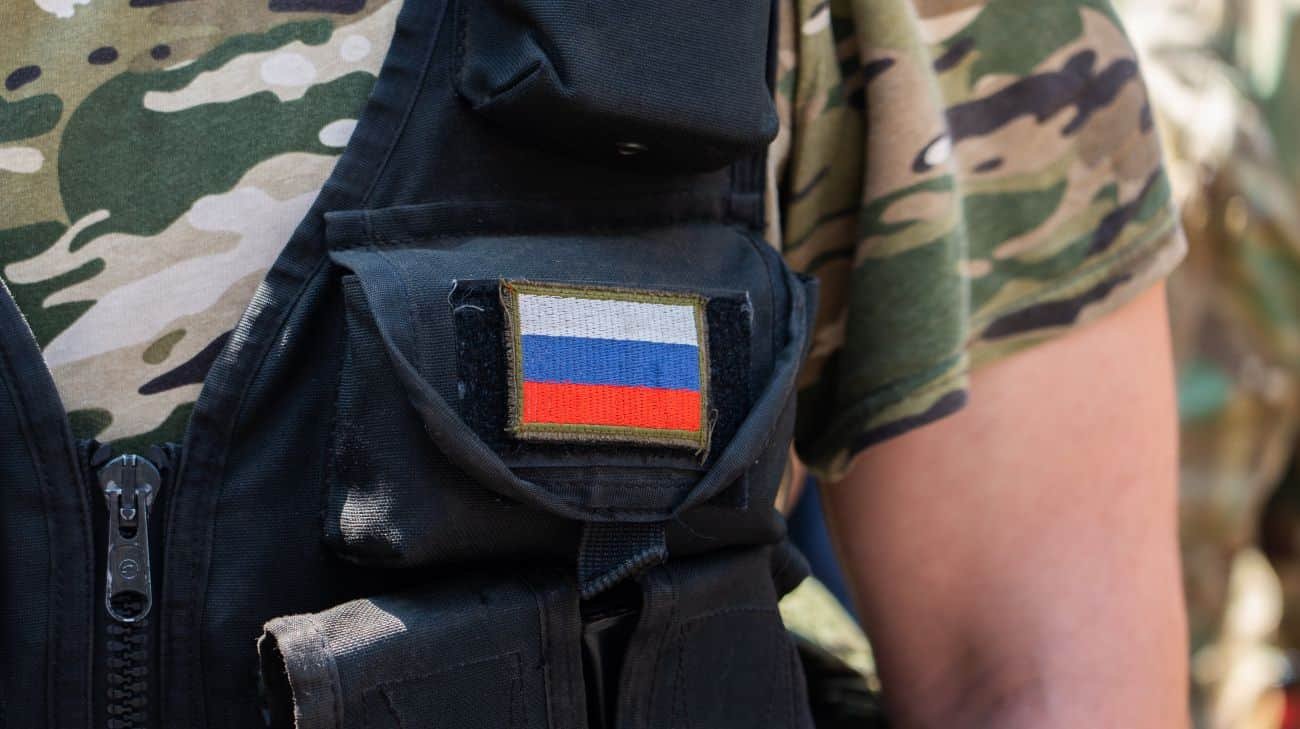Notifications can be managed in browser preferences.
Please refresh the page or navigate to another page on the site to be automatically logged inPlease refresh your browser to be logged in
For some, coming to Ukraine’s aid isn’t worth the possibility of war. On the other hand, if Russia is allowed to continue unopposed, then almost everything is at risk, writes James Nixey
Too many column inches have been wasted on inaccurate descriptions of the so-called minerals deal between the US and Ukraine. Much of the commentary was almost Trumpian in its hyperbole: “historic”, “momentous”, and a 180-degree change in America’s stances toward Ukraine… and therefore toward Russia as well.
Not so fast. Many have cheered that there was mention – an admission – of Russia’s invasion of Ukraine from the American side, and an apparent commitment to a future Ukraine that is, at least by implication, sovereign and independent.
It is true that we seem to have recovered, somewhat, from the infamous Oval Office meeting in February, between the Ukrainian and American presidents. And the terms appear less blatantly extortionate than the ones thrust upon (and then rejected by) Ukraine in February.
There is, however, less here than meets the eye. We should be clear that there are no security guarantees for Ukraine of any sort – no US presence (beyond a commercial one) to back it up. In fact, this document confirms the cessation of US military aid to Ukraine that America has provided so far, and confirms that from now on, Ukraine will be accruing debt for any US weaponry it may receive. (And it is not guaranteeing that either.)
The benefits for Ukraine – aside from the optics of signing any agreement with the US – are dubious too, and what there are would not come until after the war has ended.
In fact, depending on how you interpret the text, the agreement implies a possible US say in Ukraine holding elections (which the Kremlin wants) through its rather hypocritical insistence on Ukraine upholding democratic values; and a potential say on whether it should join the EU (which the Kremlin doesn’t want). It would be foolish to assume that Trump and his inner circle wouldn’t push the Kremlin’s requirements on these two issues.
But the overall reason not to place faith in the deal is because it is subordinate to the US’s ambition to have rapprochement with Russia. Whether it is out of misplaced economic ambition vis-a-vis Russia or a Cold War mentality of “great” and peer power carve-ups, the current incarnation of US decision makers take a Russia first principle.
However, counter-intuitively, the US’s attempts to normalise relations with Russia are the main source of optimism. Not because they will work, but because they won’t. That might seem perverse. Who wouldn’t want better relations between the world’s two largest nuclear powers?
For some, Ukraine isn’t worth it. Not worth the risk of falling into war. That argument might make sense if this were only about Ukraine (though I am not conceding that point). But it isn’t. If Russia is allowed to continue unopposed – untroubled by western support, or lack thereof – then almost everything is at risk, from wider European security to global trade (including sanctions relief) to fundamental legal principles to perhaps even the fate of Taiwan and the ability to meet climate change goals.
For the US negotiating team, however, it’s just about “real estate” – physical territory and in the economic sense too. What Russia and most European powers have in common is that they understand that it is not.
These differences in understanding are why Donald Trump’s plans for Russia will fail as they did with North Korea in his first term: the inability to understand that Russia is “just not that into you”.
Depending how closely the Kremlin reads the agreement, they may be perturbed by it. Clearly Moscow has overplayed its hand, incurring mild US irritation.
Russia’s intransigence, shown by its inability to make concessions and its city-bombing campaign, means the war will continue, regardless of the minerals deal. But although the war is an ongoing tragedy, its continuance and the increased pressure that puts on Russia also gives both Ukraine and the global order the best chance of surviving.
James Nixey leads the Russia-Eurasia programme at the Chatham House thinktank
Join thought-provoking conversations, follow other Independent readers and see their replies
Please refresh the page or navigate to another page on the site to be automatically logged inPlease refresh your browser to be logged in
Zelensky has reached a deal with Trump – but it won’t stop the war in Ukraine – The Independent



